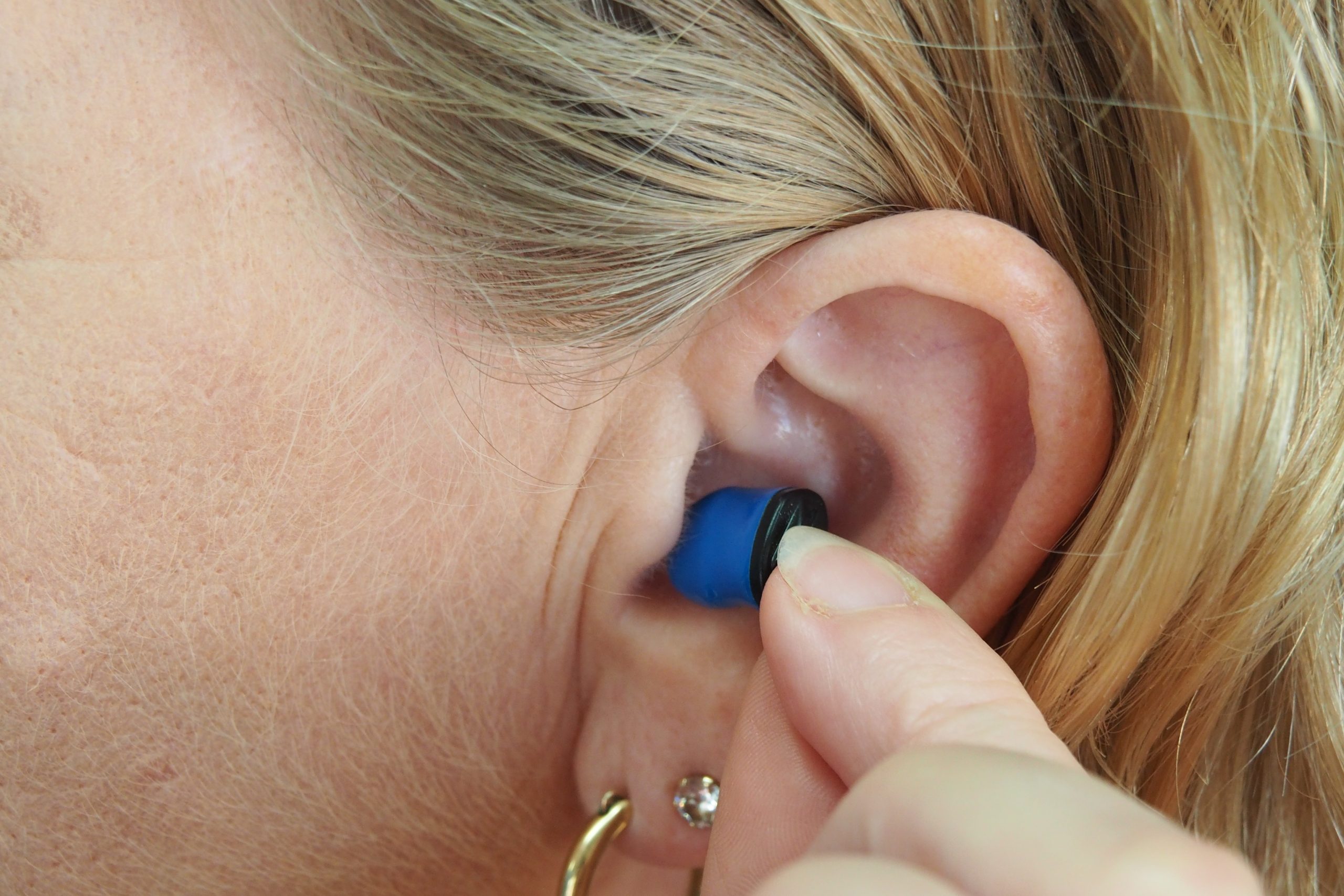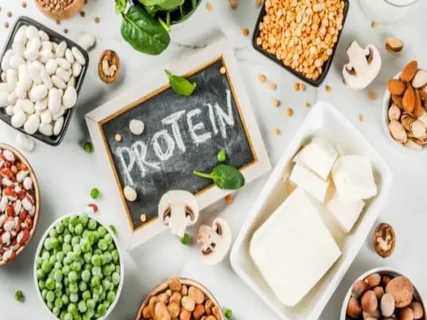Honour killings, a form of violence primarily targeting women, have been a deeply rooted and devastating practice in various parts of the world. These killings are often carried out to restore or preserve the perceived honour and reputation of a family or community. It is time for men to step forward and take action to break this cycle of violence. Here is a call to action for men:
- Educate Yourself and Others: Start by educating yourself about honour killings, their roots, and the devastating impact they have on individuals and communities. Learn about the cultural and social factors that contribute to these practices. Engage in discussions with friends, family, and community members to raise awareness and challenge misconceptions. By sharing knowledge, you can help dispel myths and foster understanding.
- Challenge Patriarchal Norms: Honour killings stem from patriarchal norms that perpetuate control and domination over women. Challenge and question these norms within your own life and relationships. Promote equality and respect in all aspects of your interactions, whether at home, in the workplace, or within your community. By actively challenging patriarchal norms, you contribute to dismantling the underlying structures that enable honour killings.
- Speak Out Against Honour Killings: Use your voice and platform to speak out against honour killings. Denounce these acts of violence and make it clear that they have no place in any society. Advocate for legal and policy changes that criminalize honour killings and protect potential victims. By speaking out, you can inspire others to take action and create a safer environment for those at risk.
- Support Survivors: Offer support and solidarity to survivors of honour-based violence. Create safe spaces where survivors can share their stories and access the assistance they need. Support organizations working on the ground to provide resources, shelters, and counseling services to survivors and their families. By offering support, you help empower survivors and contribute to their healing and recovery.
- Engage Men and Boys in Prevention: Involve men and boys in prevention efforts. Promote gender equality and respect through educational programs and workshops in schools, community centers, and religious institutions. Encourage discussions on toxic masculinity, harmful gender norms, and the importance of consent. By engaging men and boys, you can foster a sense of responsibility and create a generation that rejects violence and supports gender equality.
- Report Suspicious Activities: If you become aware of a potential honour killing or have concerns for someone’s safety, report it to the appropriate authorities. Cooperation with law enforcement can be critical in preventing such crimes and protecting potential victims. By reporting suspicious activities, you contribute to breaking the cycle of violence and ensuring the safety of those at risk.
- Engage in Dialogue and Mediation: Actively participate in dialogues and mediations within your community to address conflicts and disputes without resorting to violence. Encourage peaceful resolutions and nonviolent communication strategies. By promoting dialogue, you help create an environment where conflicts can be resolved without compromising the safety and well-being of individuals, particularly women.
- Advocate for Resources and Support Services: Advocate for the establishment and allocation of resources and support services for survivors of honour-based violence. Collaborate with local organizations and government agencies to ensure that survivors have access to shelters, legal assistance, counseling, and other essential resources. By advocating for support services, you contribute to the holistic well-being and empowerment of survivors.
In conclusion, breaking the cycle of honour killings requires collective action and a commitment to challenging patriarchal norms and promoting gender equality. Men play a critical role in driving this change by educating themselves, challenging norms, speaking out, supporting survivors, engaging men and boys, reporting suspicious activities, promoting dialogue and mediation, and advocating for resources and support services. By taking these actions, we can create a society where honour-based violence is no longer tolerated, and everyone can live with dignity, respect, and equality.










